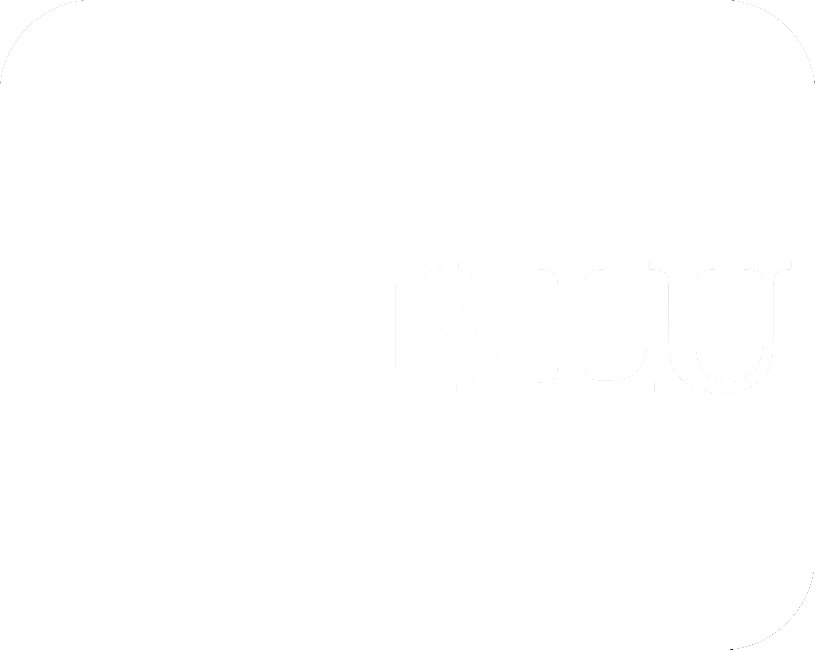POTENT Ports as Energy Transition Hubs
Marie Skłodowska-Curie Actions Doctoral Network
The Potent Doctoral Network is a research project funded by the European Commission through a MSCA grant. The project is coordinated by Copenhagen Business School, and will hire 15 doctoral candidates to work on questions of the future of port energy infrastructure. The project runs from September 2025 until December 2029.
Ports as Energy Transition Hubs
The ports of Europe are not just gateways for trade, but they are also key catalysts in the clean energy transition. By transforming into energy hubs, ports can accelerate the EU’s mission to become climate neutral by 2050. This initiative aligns with the United Nations’ Sustainable Development Goals and promises significant benefits like job creation, economic growth, and substantial energy savings. Rapid decarbonization and innovation across various sectors will be essential to meet the ambitious targets of the European Green Deal and REPowerEU plan.
The Potent project aims to understand how ports can support and accelerate Europe’s clean energy transition. Key research areas include: identifying gaps in renewable energy and green fuel infrastructure and developing technologies to address these, analyzing the socio-economic and regulatory aspects of integrating ports into electricity grids, and investigating governance and business model challenges to maximize value creation and stakeholder engagement in line with energy transition goals.
Get to know our Consortium
This project consists of both academic and industry partners who contribute their knowledge and expertise to our Doctoral Candidates.
The Universities that are hosting the Doctoral Candidates in this MSCA Network are Copenhagen Business School, Chalmers University of Technology, the Technical University of Denmark, Kühne Logistics University, the Norwegian University of Science and Technology, World Maritime University, the Norwegian School of Economics, and Kedge Business School.
In addition to the academic institutions listed above, our students will also spend time working in industry with institutions such as the World Bank, the United Nations, the Suez Canal Authority, the Port of Marseilles, the Port of Esbjerg, and many others.








